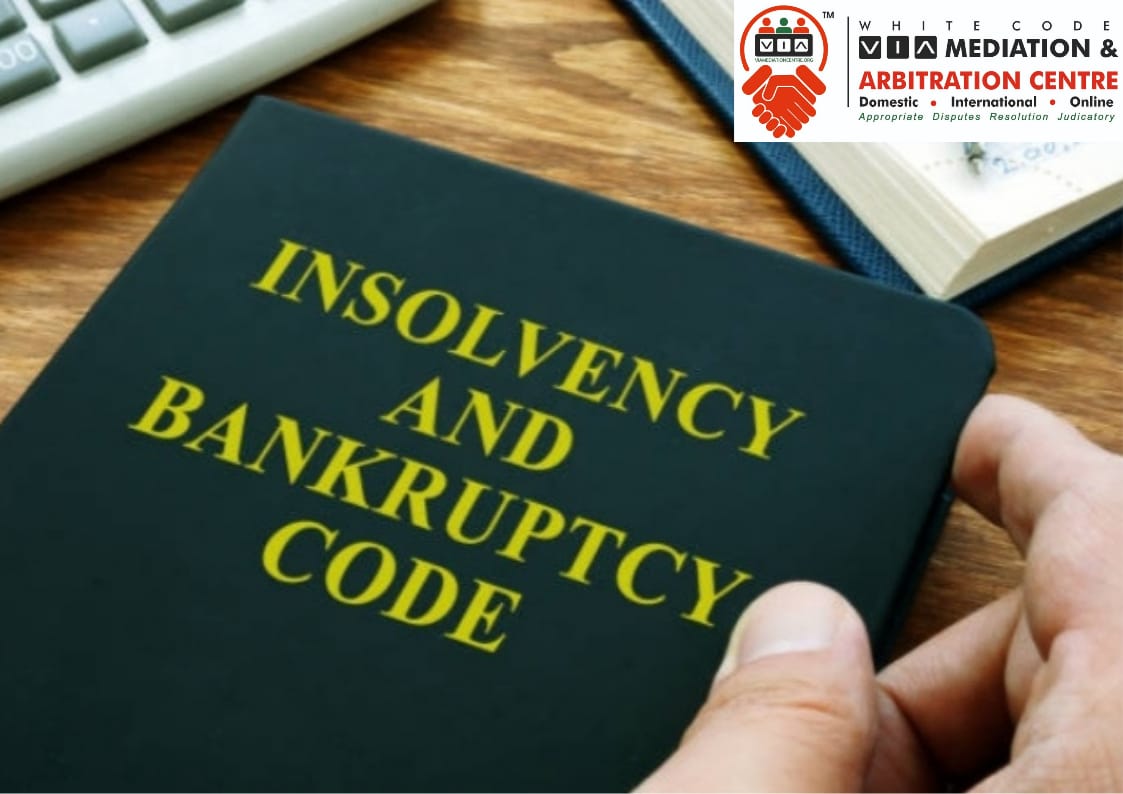Latest News
Landmark Decision by Iran's Supreme Court Clarifies Article 139: Boost to Arbitration Prospects

Landmark Decision by Iran's Supreme Court Clarifies Article 139: Boost to Arbitration Prospects
Introduction:
In a groundbreaking decision on May 27, 2024, the Supreme Court of Iran provided crucial clarity on the interpretation of Article 139 of the Iranian Constitution, which has historically posed a major obstacle to arbitration involving public and state-owned properties. This decision marks a significant step forward in the evolution of arbitration in Iran.
Article 139: The Historical Hurdle
Article 139 stipulates that disputes involving public and state-owned assets require the approval of the Council of Ministers, and in some cases, the Parliament, to be referred to arbitration. The lack of clear definitions, especially concerning "important cases," has led to confusion and reluctance among foreign entities to engage in arbitration with Iranian state-owned enterprises. Additionally, the requirement for parliamentary approval in disputes involving foreign parties has been seen as a barrier to international arbitration.
The Case of Jam Petrochemical Company:
The Supreme Court's decision arose from a retrial of a case involving Jam Petrochemical Company and Mehr Petrochemical. A prior PCA arbitration award in favour of Jam, amounting to USD 872.3 million, was annulled by lower Iranian courts because necessary approvals under Article 139 were not obtained. At the time of the contract, Jam was state-owned, making the arbitration agreement void according to these courts.
Supreme Court's New Interpretation:
The Supreme Court's ruling provided a nuanced interpretation of the term "referral" in Article 139. It distinguished between the formation of an arbitration agreement and the initiation of arbitration proceedings. The court clarified that the need for approvals under Article 139 pertains to the time when the dispute is referred to arbitration, not when the arbitration agreement is signed. Since Jam Petrochemical had been privatized by the time the dispute arose, it no longer qualified as a state-owned entity, and thus, the approvals were deemed unnecessary.
Implications for Arbitration in Iran:
This decision is a significant departure from previous interpretations, such as the 2012 Administrative Court of Justice ruling, which implied that all arbitration agreements involving state entities would be void without prior approvals. By clarifying that approvals are required only when the dispute is referred to arbitration and not at the agreement's formation, the Supreme Court has removed a significant barrier to arbitration involving Iranian state-owned entities.
Conclusion:
The Supreme Court's ruling is a milestone in Iranian legal history, offering greater certainty and facilitating the development of arbitration in Iran. This decision is expected to boost confidence among foreign companies negotiating contracts with Iranian state-owned entities, providing a more favourable environment for international arbitration. The ruling underscores Iran's commitment to upholding arbitration agreements and enhances the legal framework for resolving disputes involving public and state-owned assets.
- The Supreme Court's ruling provided a nuanced interpretation of the term "referral" in Article 139.
- Supreme Court has removed a significant barrier to arbitration involving Iranian state-owned entities.
- The Supreme Court's ruling is a milestone in Iranian legal history, offering greater certainty and facilitating the development of arbitration in Iran.




































































































































































































































































































































































































































































































































































































































































































































































































































































































































































































































































































































































































































































































































































































































































































































































































































